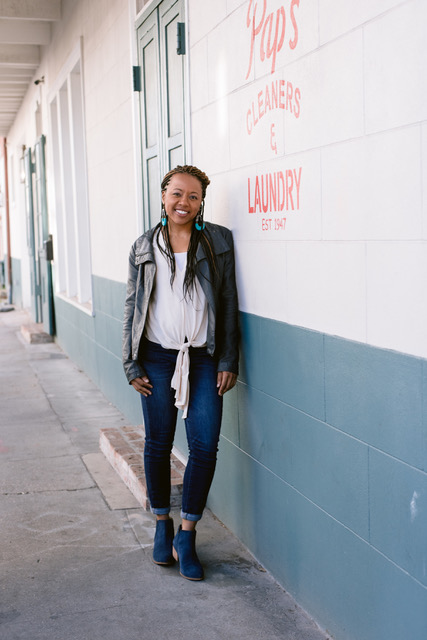Touch.
Touch.
Affection.
These are just words, but their actions weigh heavily. They connotate caring, a specific tenderness, and even love.
Before leaving for a recent trip, my mom surprised me with affection; she hugged me. It felt slightly awkward and this brief moment stayed in my mind for days.
For context’s sake, affection did not take priority in our household as I grew up. Personal responsibility, academics, and completing chores were the norm. Loving touches, kisses, and hugs were definitely not commonplace, but were reserved for special occasions like birthdays, Christmas or New Year’s Eve, and departure to/arrival from travel. To add another layer, being states and continents apart from most of my family, there were less opportunities to make affection a larger and consistent part of love I received.
A simple hug. It reminded me of how much I have always wanted to be touched in intimate and loving ways. Again, growing up this was not my experience. I felt aware of its importance, especially as a teen, but lacked the ability to articulate this need. It ultimately cultivated the belief that only TV families were privy to this kind of phenomenon.
Instead of seeking affection as an essential form of love and care when I recognized its importance, sex became its underwhelming substitute. I mistakenly determined that affection and intimacy that I craved could only be obtained through sex.
Despite much of the trauma I’ve experienced being sexual, this short-lived high I yearned for was my end goal. However I got it didn’t matter and there seemed to be the lingering promise of ‘maybe next time.’ The trauma and lack of affection became so normalized that I didn’t understand how much they influenced my decisions in a variety of relationships.
Hind sight provides an interesting perspective about how logic proved this wrong.
I started writing notes to myself for this post about how much I craved loving touches. This word crave read a naïve. And maybe that is true. It feels most appropriate for a younger version of myself; a verb that a less experienced me might use especially during a time when I didn’t fully understand my feelings and needs. Hurt and infinite emptiness stood as the order of the day, flavoring the way I navigated friendships and romantic/sexual partnerships.
Today, thrive is accurate, because now I am fully aware of and express who I am, while continuing to grow, reflect, and assert myself. Thrive also hovers on the emotional connection I feel with others when we display affection.
I thrive when feeling genuinely connected emotionally and physically to another person. With the understanding that touch and affection are essential for my well-being, I try to initiate more hugs, physical closeness, and lots of kisses (with permission, of course).
And I’m actively working on finding opportunities to be more affectionate with my mom.
How much has affection impacted your familial and romantic relationships? What are your thoughts?
Please leave a comment, let’s start a supportive discussion.
